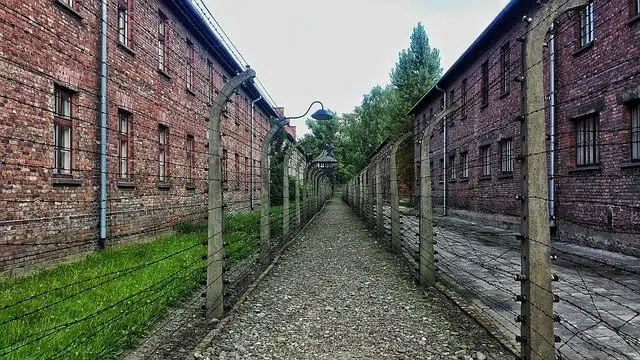
Some Jewish partisans escaped from concentration camps
The Royal Spanish Academy ( RAE ), in its dictionary, indicates that partisan is synonymous with guerrilla . The concept, therefore, refers to who is part of a guerrilla : a group of combatants who do not directly depend on an army and who are dedicated to confronting an enemy.
resistance groups
Beyond this formal or academic definition, the term is not usually used to refer to any type of guerrilla. The notion of partisan is generally used to name someone who faces an occupying army . More specifically, the idea is associated with the members of clandestine groups that, in the context of the Second World War , formed the resistance against Nazism and its allies .
Throughout history you can see different examples of groups whose actions earned them the term partisans in their name. Such is the case of the Jewish partisans and the Yugoslav partisans , although we should not leave aside the Italian resistance either.
The Union of Soviet Socialist Republics ( USSR ), Albania and France were other countries that, during World War II , saw partisan groups in action.
Partisan Jews
Take the case of the Jewish partisans . These individuals gathered in irregular troops that fought against the Nazis in different regions of the European continent. It is estimated that there were more than 20,000 Jewish partisans (some say there were as many as 30,000), many of them escaped from concentration camps and ghettos .
There were many groups of Jewish partisans operating throughout the occupied part of the European continent. Some of them had hundreds of members , including children and women. Such was the case with the clan of families known as Bielski partisans , who managed to escape the Holocaust on Polish soil through swampy and forested areas of Belarus under the leadership of Tuvia Bielski and her brothers.
Regarding its operations, there is a guerrilla war, the liberation of prisoners and the organization of uprisings in the ghettos to sabotage the Nazi occupation. In Lithuania alone they managed to kill 3,000 German soldiers. It was not unusual for them to have contacts for the exchange of military intelligence.
Yugoslav partisans
The Yugoslav partisans , meanwhile, opposed the forces of Germany , Italy and Japan in the Balkan region . Led by Josip Broz (better known as Marshal Tito ), they were part of the so-called People's Liberation Army and Partisan Detachments of Yugoslavia .
The fundamental goal of the Yugoslav partisans was to create a communist state. In this framework, one can include the attempt to unite the various ethnic groups of Yugoslavia in the Communist Party, preserving the rights of each one. At the extreme opposite to them were the Chetniks , a movement that advocated leaving power in the hands of the monarchy and creating a Greater Serbia .
Italian resistance
Numerous partisans were also active in Italy . This resistance faced fascism and Nazism and remained active between 1943 (after the Nazi invasion of Italy ) and 1945 (when the German surrender took place).

In Genoa the Nazis laid down their weapons before the unconditional surrender
More than 300,000 Italians are believed to have participated in armed combat, and more than ten percent of them were women . The social and ideological origins of its members were clearly different, but this did not prevent them from focusing their forces towards a common goal: ending the Nazi occupation and overthrowing Benito Mussolini .
The most prominent parties formed the National Liberation Committee . Days before the unconditional surrender of the Germans, in some cities the Nazis had already ceased their activity, as happened in Genoa.
